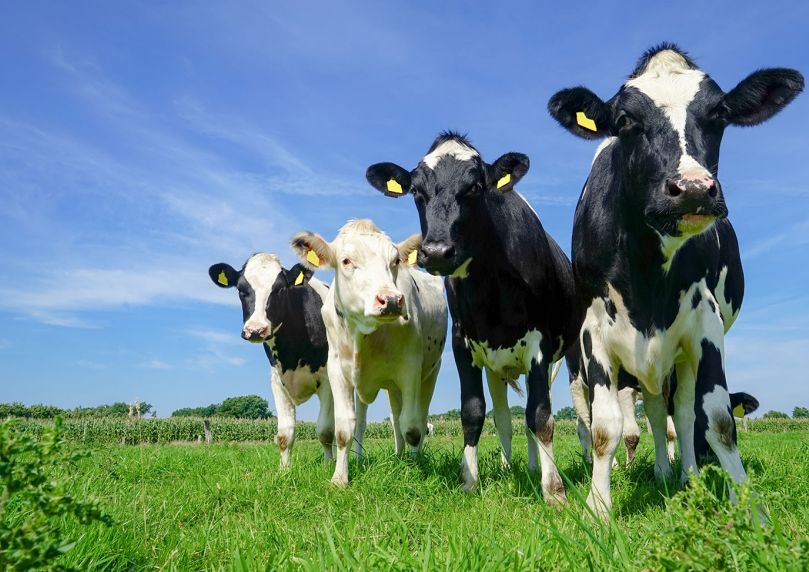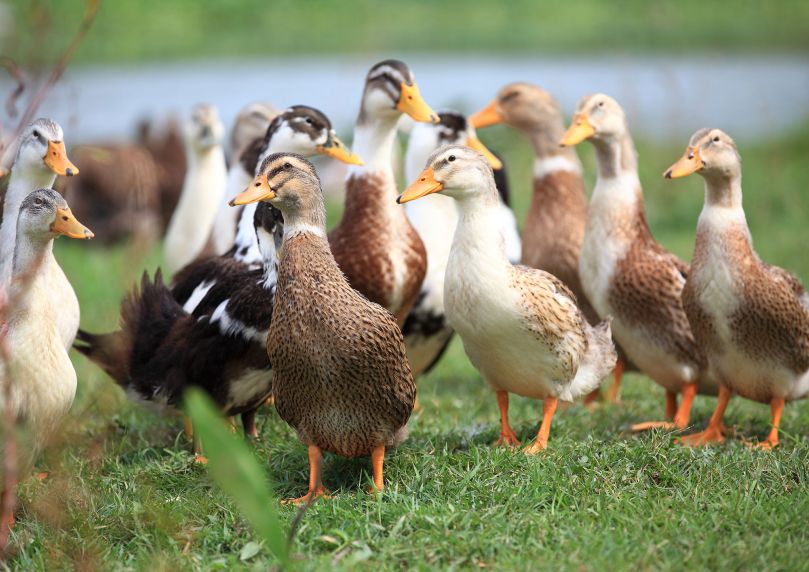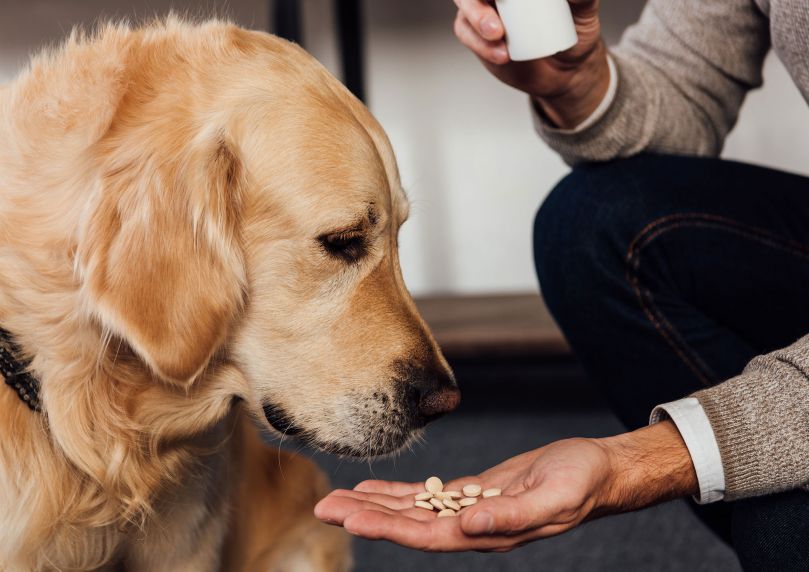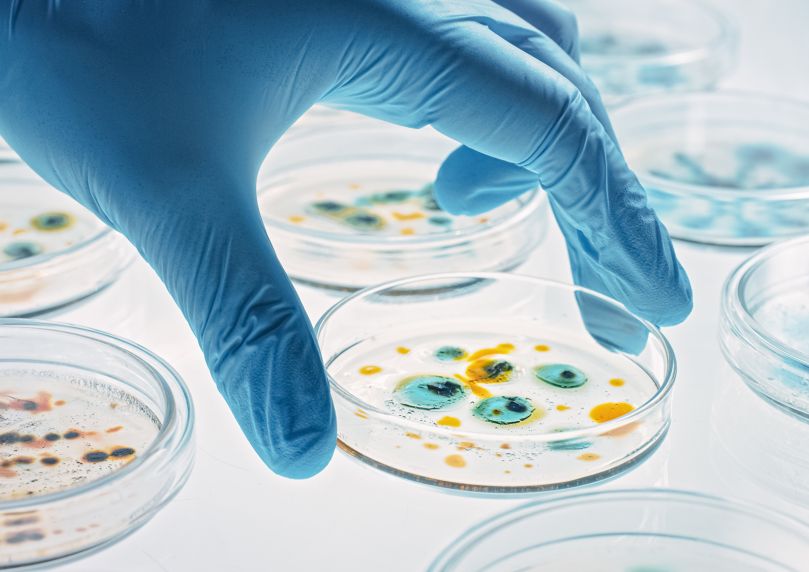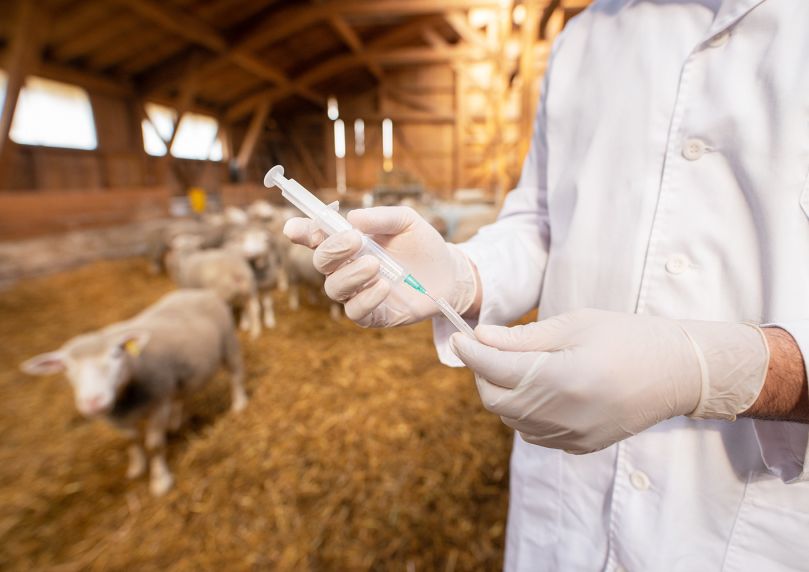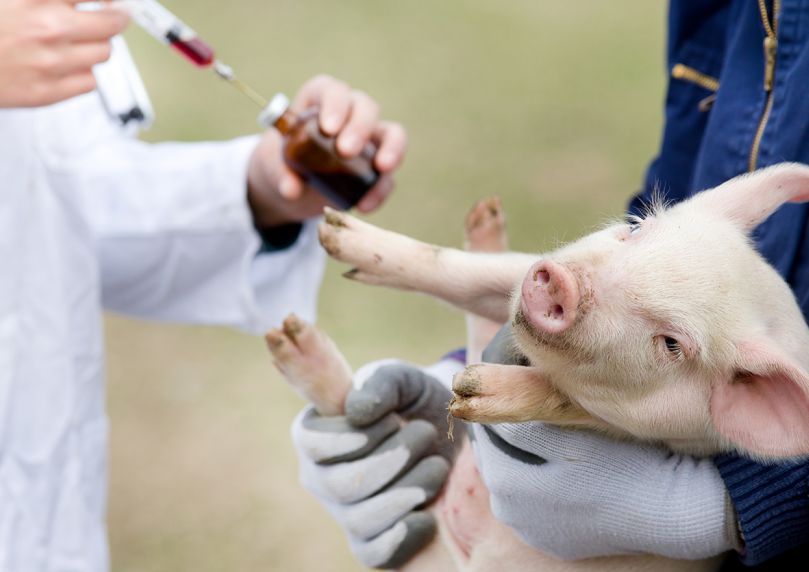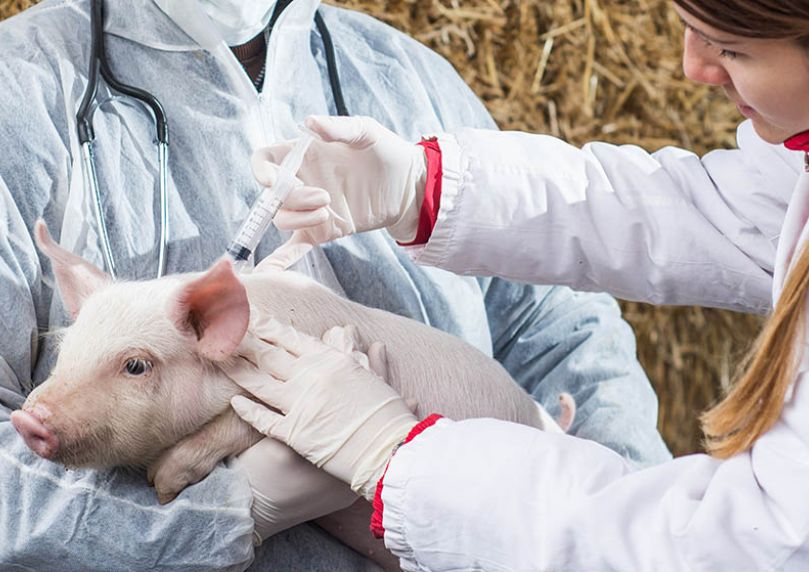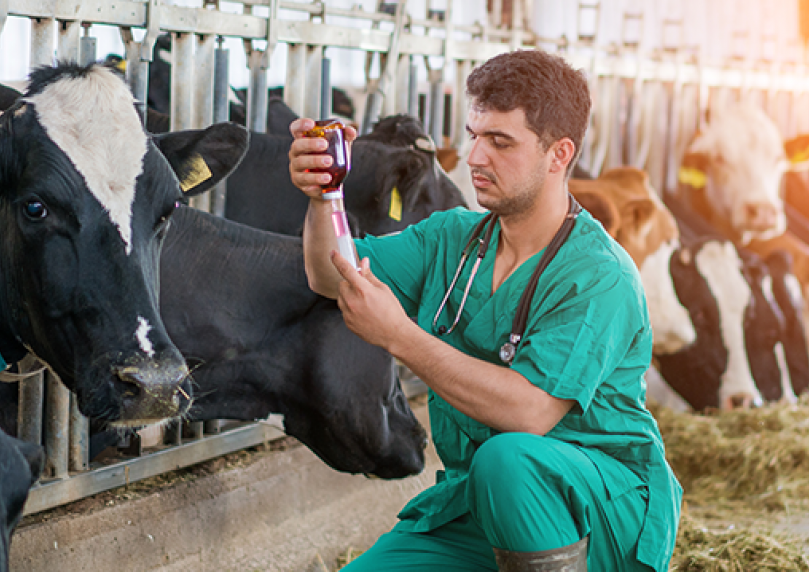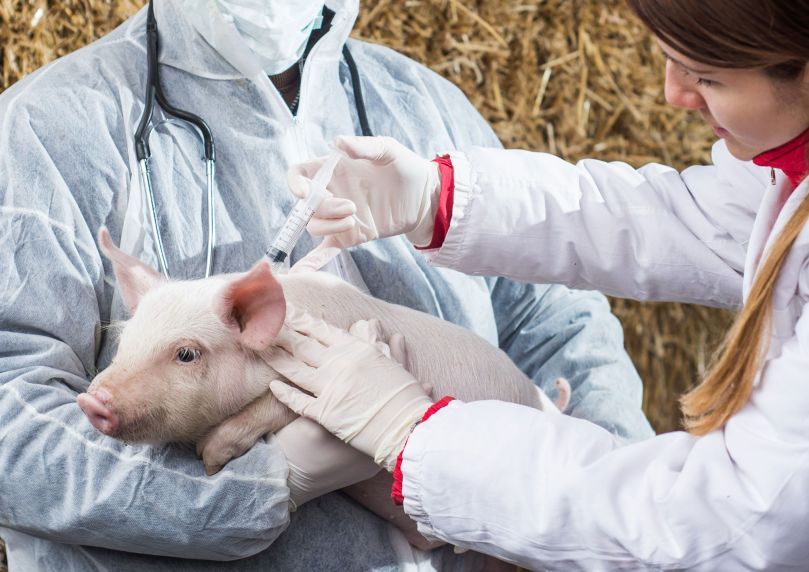Quick access
Page thématique
Veterinary medicine - ANMV
.jpg) The French Agency for Veterinary Medicinal Products (ANMV), within ANSES, is the Competent Authority in France for risk assessment and management with regard to veterinary medicinal products.
The French Agency for Veterinary Medicinal Products (ANMV), within ANSES, is the Competent Authority in France for risk assessment and management with regard to veterinary medicinal products.
In this capacity, the Government was keen for the ANMV to strive for constant improvement of its services with a view to protecting public health as well as the health and welfare of animals.
To this end, the ANMV must enforce the current applicable legal provisions in an independent, competent and impartial manner. Click here to find out more about the Agency’s history.
The ANMV is located in Javené, near Fougères (Ille-et-Vilaine) and has 80 staff members, mainly specialised scientists.
|
Declaring an adverse effect that may be due to a veterinary medicinal product (in French) |
Sector professionals

|
List of veterinary pharmaceutical manufacturers and wholesalers (in French)
|
Publications
Date de mise en ligne
Date de mise en ligne
Date de mise en ligne
Numéro de saisine
Numéro de saisine
ANSES Report: Post-MA surveillance of veterinary medicinal products - Annual report 2021
Date de mise en ligne
Numéro de saisine
Date de mise en ligne
Date de mise en ligne
Date de mise en ligne
Date de mise en ligne
Taxes on veterinary medicinal product marketing authorisations
Date de mise en ligne
Date de mise en ligne
Date de mise en ligne
ANMV Organisation chart
Date de mise en ligne
Date de mise en ligne
Date de mise en ligne
Date de mise en ligne
Numéro de saisine
Date de mise en ligne
Information note on GMP inspections carried out by Anses-Anmv outside France
Date de mise en ligne
Numéro de saisine
Date de mise en ligne
ANSES Report: Post-MA surveillance of veterinary medicinal products - Annual report 2021
Date de mise en ligne
Numéro de saisine
Date de mise en ligne
Date de mise en ligne
Date de mise en ligne






